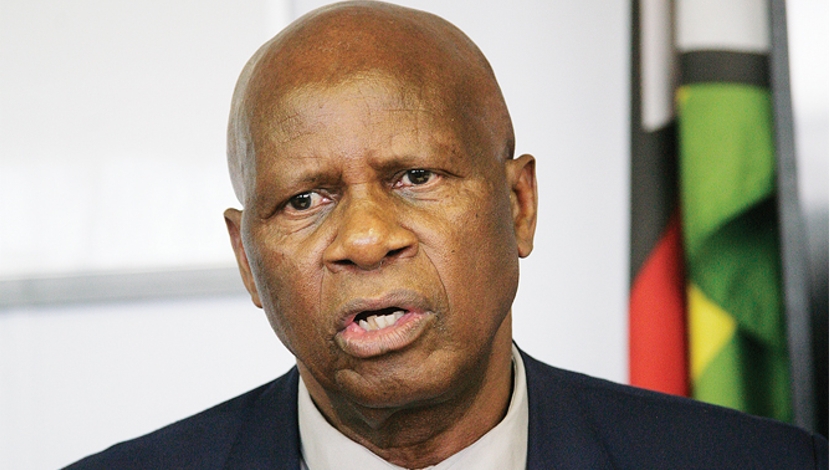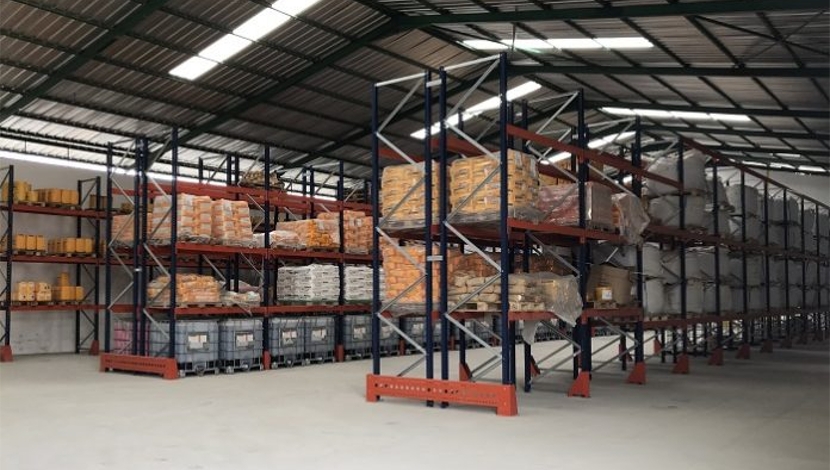
The development of rural road infrastructure and public transport services remains critical to the delivery of South Africa’s – and other African States’ – developmental agenda, requiring meticulous planning that ties in with the socioeconomic needs of the host communities, delegates at the Southern African Transport Conference heard on Monday.
Describing rural road transport development as a policy “blind spot”, International Forum for Rural Transport and Development regional coordinator for Eastern and Southern Africa Peter Njenga said such infrastructure was nonetheless key to transitioning rural African populations out of poverty.
“A road is not just a road in rural areas, but must be linked to the livelihoods of those [that use it] and must provide access to market. Rural transport needs to focus on the development outcomes and should consider the communities in which they are established, which are often [poor and] dispersed,” he commented.
Transport Minister Dipuo Peters acknowledged during her Budget Vote address that South Africa’s provinces faced “serious” challenges in dealing with road maintenance and rehabilitation backlogs owing to shortages in budget allocations.
Through the Provincial Road Maintenance Grant, the budget allocation for S’hamba Sonke in 2014/15 was R9.4-billion for 725 projects. In the current financial year, provinces would receive an allocation of R9.8-billion for the 1 102 approved projects.





